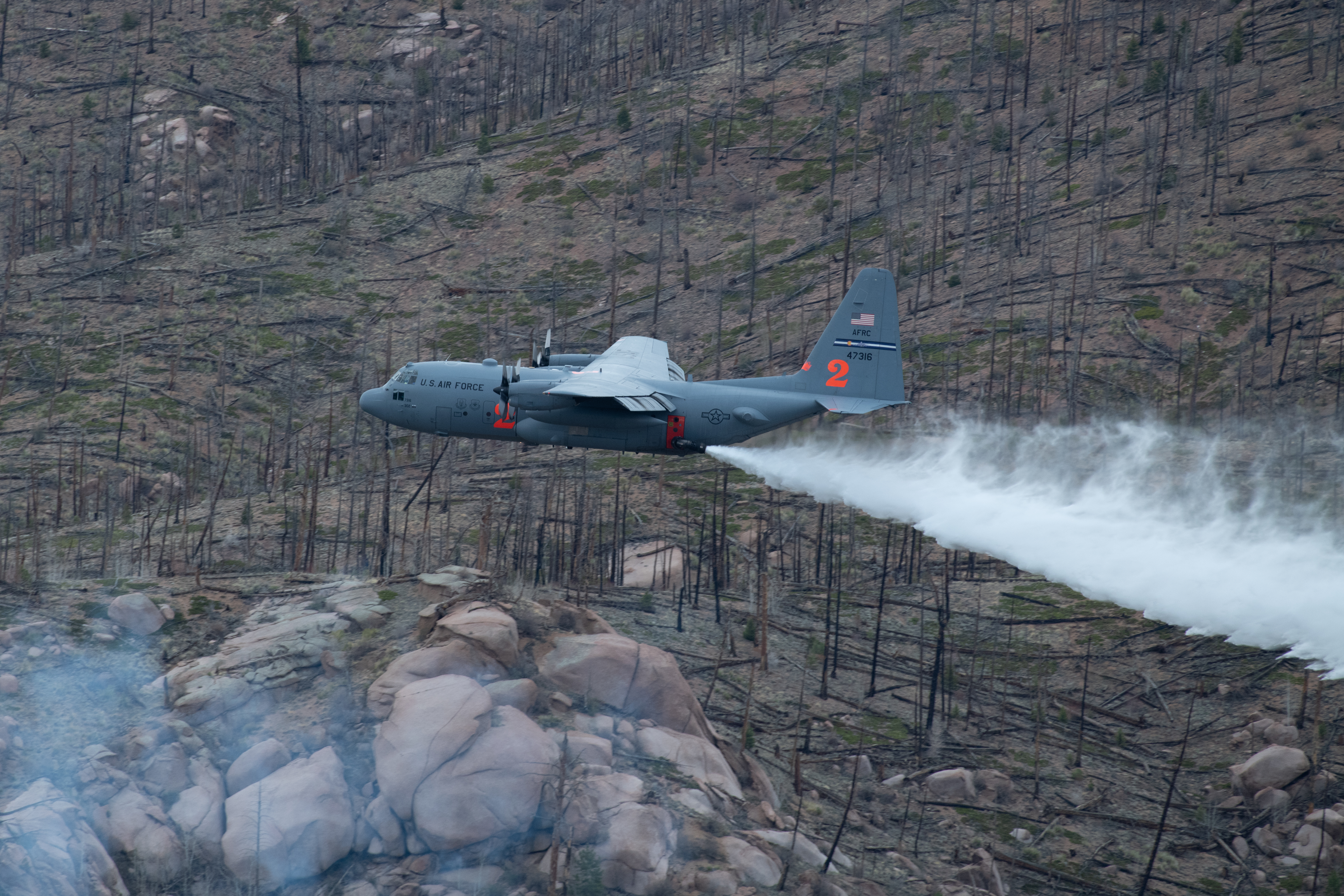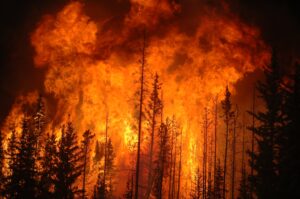
California secures seven C-130 military aircraft for fighting wildfires, exponentially strengthening aerial firefighting capabilities
Late last year Congress passed a critical issue of importance for California into law: authorizing the expedited transfer of seven C-130 aircraft from the United States Coast Guard to CAL FIRE for wildfire suppression, search and rescue, and emergency operations related to wildfires.
In a showing of bipartisan support led by U.S. Senator Alex Padilla (D-CA), Senator John Boozman (R-AR), and Congressman Ken Calvert (CA-41), the final version of the National Defense Authorization Act for Fiscal Year 2024 (NDAA) includes an effort that builds on the foundation laid by the late U.S. Senator Dianne Feinstein (D-CA) in 2018. This initiative also benefited from the consistent and critical partnership of California Governor Gavin Newsom and the Director and Fire Chief of CAL FIRE Joe Tyler, who have been instrumental in moving the effort over the finish line.
From a retardant delivery perspective, a single C-130 delivers over three times more than the S-2T Airtankers currently in use by CAL FIRE. In service for more than 60 years, the C-130 is a workhorse of military aircraft, used for troop transportation, medical evacuation, search and rescue, weather reconnaissance and many other functions. Similar C-130s are already in use and have demonstrated their superior capability to drop 3,000 gallons (weighing 28,000 pounds) in less than five seconds.
“The official transfer of seven C-130H aircraft from the U.S. Coast Guard to CAL FIRE marks a pivotal stride in enhancing our capacity to combat and control wildfires,” said Matt Dias, President and CEO of Calforests. “By quickly getting these aircraft into the fleet, we will expect to see significant contributions to our state’s firefighting capabilities, and it brings encouraging news for the residents of California. This progress is a testament to the positive outcomes achievable through bipartisan support especially from the late Senator Feinstein’s leadership.”
“The addition of the C-130s will undoubtedly enhance the state’s aerial firefighting capabilities,” said Joe Tyler, Director and Fire Chief of CAL FIRE. According to Chief Tyler, “These critical assets will aid in reducing the loss of life and property while protecting our natural resources and private timberlands. I look forward to these aircraft joining CAL FIRE’s world-renowned aerial firefighting force.”
“Between earthquakes, wildfires and other natural disasters, California is one of the most costly and challenging states for property insurers and owners. While we may not be able to prevent earthquakes, we do have the tools to combat the most destructive wildfires. Transferring these C-130s from the Coast Guard to CAL FIRE is a huge step forward in the state’s ever-vigilant battle against these fires,” said Rex Frazier, President of Personal Insurance Federation of California.
Once the President signs the bill into law, the planes will be transferred, and the State and contractor will enter into a contract for the work. The first of the seven planes will likely be ready in time for the 2024 fire year, adding immediate value to California’s firefighting capabilities.
Calforests is the preeminent trade association that advocates for California’s forest products sector. Collectively, Calforests members – private forestland owners – manage nearly 3.5 million acres of forest land throughout the state and operate nearly the entirety of the state’s forest products infrastructure, including sawmills, veneer mills, and biomass power plants. Calforests is committed to working with federal and state partners to achieve our shared wildfire prevention and forest resiliency goals and remains committed to working towards finding a solution that achieves a desirable outcome for all involved.
Source: https://www.theunion.com/news/california-secures-seven-c-130-military-aircraft-for-fighting-wildfires-exponentially-strengthening-aerial-firefighting-capabilities/article_8622fffe-cc2d-11ee-9c73-ff37fe7c8db4.html


